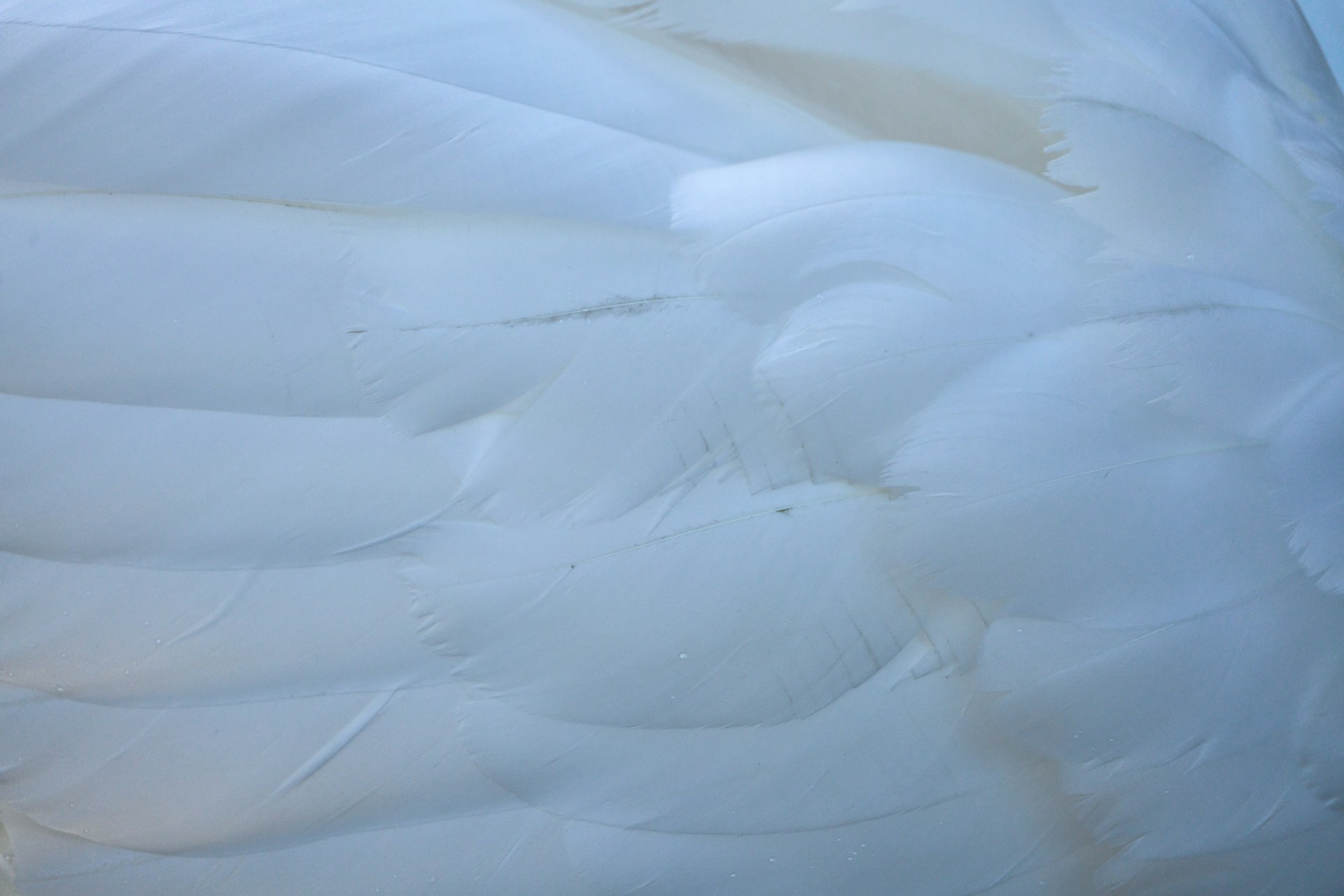2025 Nobel Peace Prize Awarded to María Corina Machado for Her Peaceful Struggle for Democracy

Associative photo ("Unsplash")
On 10 October in Oslo, the Nobel Committee announced that the 2025 Nobel Peace Prize had been awarded to Venezuelan opposition leader María Corina Machado, who has spent many years fighting peacefully for democracy in her country. According to Assoc. Prof. Dr Laurynas Jonavičius from the Institute of International Relations and Political Science of Vilnius University (VU), this decision reflects the direction the Nobel Committee has consistently pursued over the past decade – honouring those who defend the principles of democracy, freedom, and human rights through peaceful means.
‘For over a decade, this has been nothing new; the Nobel Peace Prize has repeatedly gone to those fighting for democracy, rights, and freedoms. It is a continuation of the Committee’s logic: a clear message that the struggle must remain peaceful, and that those who resist the waves of authoritarianism have moral support,’ said Assoc. Prof. Dr Jonavičius.
In recent years, the Nobel Committee has unfailingly upheld the idea that peace is an active effort to defend human rights and dignity. This approach is also evident in the previous laureates: Narges Mohammadi from Iran (2023), Ales Bialiatski from Belarus (2022), Maria Ressa from the Philippines and Dmitry Muratov from Russia (2021), the World Food Programme (WFP) (2020), Abiy Ahmed Ali from Ethiopia (2019), Denis Mukwege and Nadia Murad (2018), the International Campaign to Abolish Nuclear Weapons (ICAN) (2017), and the Tunisian National Dialogue Quartet (2015). This list shows that the Nobel Committee remains committed to a broad understanding of peace – as the effort to protect life, justice, and democracy across the world.
‘Machado’s figure is symbolic, but the award itself extends more broadly to all civil societies striving to preserve democratic principles in the face of authoritarian regimes. I would not draw any distinction between Machado and all those who support the fight against authoritarianism. This is a clear signal that the peaceful struggle for democracy remains valued and supported,’ remarked the VU researcher.
Commenting on discussions about Machado’s ties to US politicians, including members of Donald Trump’s circle, Assoc. Prof. Dr Jonavičius notes that such interpretations are more politicised than substantiated: ‘If Donald Trump were to receive the Nobel Peace Prize, the shadow of political controversy would indeed be unavoidable. But in Machado’s case, that’s an artificially constructed issue. Support from the US is more contextual here – part of the broader struggle against Nicolás Maduro’s regime rather than a reflection of domestic politics.’
According to the political scientist, authoritarian states usually react weakly to these decisions: either ignoring such news altogether or exploiting it for propaganda purposes. Meanwhile, for democratic forces and civil societies, this recognition serves as an important source of moral encouragement. ‘For those societies that fight peacefully for democracy under authoritarian rule, it’s a sign that help is still there. The Nobel Prize reminds the world that democracy has not yet been defeated,’ he said.
Assoc. Prof. Dr Jonavičius also points out that the Nobel Peace Prize carries significant financial value – laureates receive 11 million Swedish kronor (about €950,000), a sum that enables them to continue their activities, support organisations, or fund new initiatives.
In conclusion, the political scientist says this year’s decision continues the tradition of the Nobel Peace Prize supporting the ideals of democracy, freedom, and peace. It is a consistent institutional choice that reflects the Committee’s determination to uphold classical idealistic values. Even if the global audience is unfamiliar with the situation in Venezuela, the Nobel Committee’s decision draws attention to these struggles, while also serving as a reminder that the ideals of democracy remain alive and audible on the international stage.